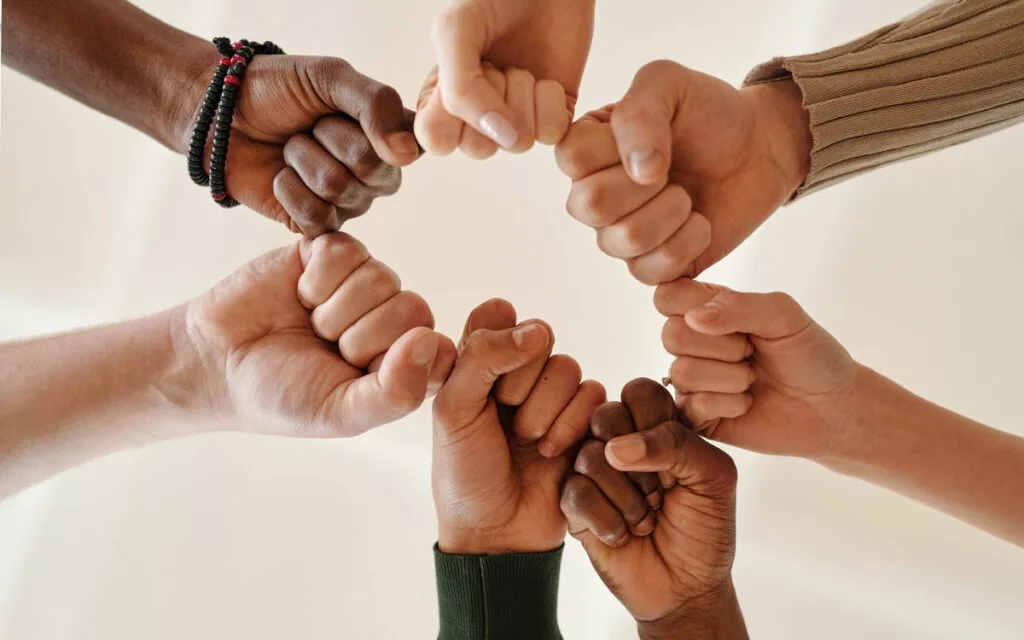There can be no gainsaying the fact that during times of economic difficulty, such as Nigeria is currently facing, there is the need for the economically well-off members of the society to reach out to the less privileged members of the society in charity and philanthropy.
According to the secretary general of the United Nations (UN), Antonio Gutteres, “Charity, like the notions of volunteerism and philanthropy, provide real social bonding and contribute to the creation of inclusive and more resilient societies. Charity can alleviate the worst effects of humanitarian crises, supplement public services in health care, education, housing and child protection. It assists the advancement of culture, science, sports, and the protection of cultural and natural heritage. It also promotes the rights of the marginalised and underprivileged and spreads the message of humanity in conflict situations.”
It is worthy of note that Nigeria’s current rate of unemployment is 33 per cent, with youth unemployment hovering around 45 per cent. The incidence of poverty has now engulfed 100 million Nigerians and counting.
In addition to the scenario, the country’s current headline inflation is 21.83 per cent, with food inflation more than 23 per cent. There is therefore the need to reach out to Nigeria’s growing less privileged population.
In the 2030 Agenda on Sustainable Development adopted in September 2015, the United Nations recognises that eradicating poverty in all its forms and dimensions, including extreme poverty, is the greatest global challenge and an indispensable requirement for sustainable development. The Agenda also calls for a spirit of strengthened global solidarity, focused in particular on the needs of the poorest and most vulnerable. It also acknowledges the role of the diverse private sector, ranging from micro-enterprises to cooperatives to multinationals, and that of civil society organisations and philanthropic organisations in the implementation of the new Agenda.
The 17 Sustainable Development Goals (SDGs) set forth in the Agenda can be grouped into the following critical areas: people, planet, prosperity, peace, and partnership. They have the potential to transform our lives and our planet by providing the framework needed for philanthropic institutions to enable all people to contribute to the betterment of our world.
But it is evident that these goals cannot be achieved solely by national governments.
Therefore, keying into that set of goals, one veritable way of tackling extreme poverty in Nigeria, which has graduated to socio-economic dimensions, is to lend a helping hand to impoverished persons and communities.
At the corporate level, this can be done by increasing activities on the corporate social responsibility front. Quite a number of corporate organisations have proven to be exemplary in this regard. Their activities include building and renovating healthcare facilities, building and renovating educational facilities, providing pipe-borne water in rural communities, transformers for communities electrification, to name a few.
Millions of individual Nigerians have also imbibed the culture of volunteering and charity, which is quite commendable.
NATIONAL ECONOMY appreciates the countless Nigerians and friends of Nigeria, as well as corporate organisations that have sacrificed their resources for the welfare of needy Nigerians.
However, we remind you of the social and economic importance of charity. We urge you to do more, as the country goes through another phase of economic quagmire.





